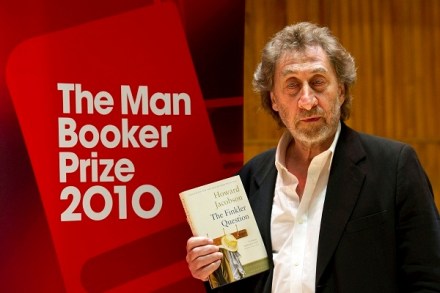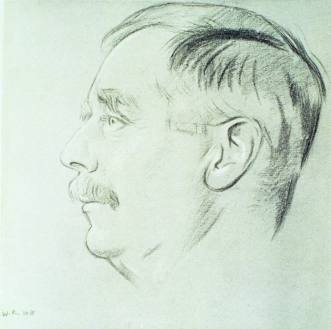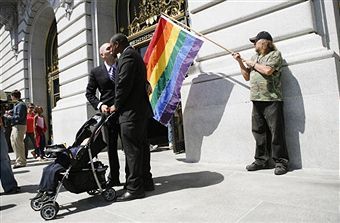Stop shouting at Hilary Mantel – there are real outrages to address
It started the other week, when David Cameron was in India. Although it started like a bout of malaria starts, so I suppose the more precise term would be ‘recurred’. There he is in Amritsar, touring the site of a massacre, possibly in that hat. And all Britain wants to know is what he thinks about what Hilary Mantel thinks about the Duchess of Cambridge. What, I thought to myself, the hell is wrong with us? It’s a pretty expansive ‘us’, this, and it includes Cameron himself. ‘Actually, I haven’t read it,’ he should have said when asked, thousands of miles away, about an essay in the London Review of Books,














